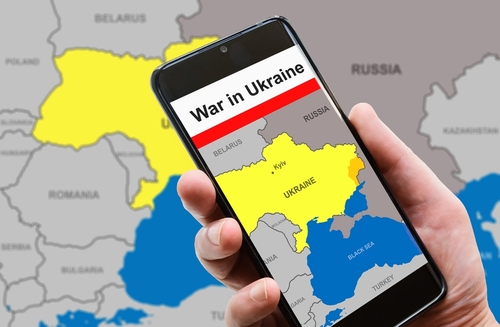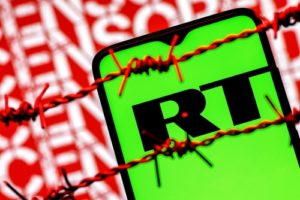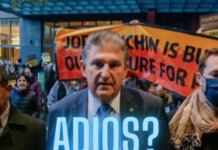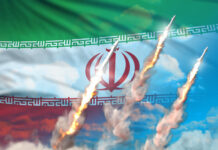
The U.K. imposed new restrictions against Russian state-run media and “propaganda outlets” on Thursday.
The 14 additional sanctions target the Russian-state-backed TV-Novosti, the owner of RT, and Sergey Brilev, who is a Russian propagandist.
This is a move to combat disinformation as Russia’s invasion of Ukraine enters its second month, Foreign Secretary Liz Truss announced in a statement.
Statements by Authorities
“Putin’s war on Ukraine is founded on a deluge of fabrications. Britain has been a global leader in uncovering Kremlin falsehoods.”
“This latest round of sanctions targets the scumbag propagandists who spread Putin’s fabricated news and narratives,” Truss stated.
Britain sanctions Russian media, targeting disinformation https://t.co/R4xDnt4XR9 pic.twitter.com/qucDctNWnY
— Reuters UK (@ReutersUK) March 31, 2022
Brilev, a television anchor for Russia’s state-owned media company, Rossiya, will lose access to his assets and business dealings in the country.
Numerous heads of Russian state media are also sanctioned, such as Aleksandr Zharov, CEO of Gazprom-Media, Alexey Nikolov, and Anton Anisimov, boss of Sputnik International Broadcasting.
The United Kingdom stated the sanctions would help “ensure” Russian state media did not re-enter the country’s television broadcasts.
Additionally, the United Kingdom is expediting sanctions against seven individuals associated with the Strategic Culture Foundation, which the British authorities accuse of spreading untrue information about the Ukraine incursion.
Britain on Thursday announced sanctions on 14 more Russian entities and people, including on state media organizations behind RT and Sputnik and some of their senior figures. https://t.co/47tPH8YEAI
— Newsmax (@newsmax) March 31, 2022
The latest round of sanctions is part of a broader international campaign to isolate Russian oligarchs, financial institutions, and enterprises from the rest of the world.
In Europe
The European Union’s General Court denied RT’s request for interim relief from punitive measures, maintaining the EU’s ban on RT broadcasts.
Noting that RT was facing “exceptional circumstances” that could result in financial hardship, the court pledged to expedite its decision.
Still, it allowed the sanctions to remain in place until a final decision about RT’s court action on the punitive measures was reached.
RT, previously known as Russia Today, contended the sanctions would have a severe financial impact on the company and tarnish its reputation by portraying it as a government-controlled media outlet.
Nevertheless, the tribunal’s president cast doubt on those assertions, stating harm to RT’s public image already occurred, due to the outlet’s actions.
Additionally, RT failed to provide adequate proof that the penalties would create a “complete and permanent impediment” to its future activities.
Moreover, the judge argued the “balance of interests” favors the EU because the group has to ward off the Russian government’s “disinformation and destabilization activities” amid the current conflict in Ukraine.
According to Bloomberg, sanctions battles can last for years and frequently end in losses for the litigants.
RT and Sputnik were sanctioned by the European Council earlier this month in response to the Kremlin’s aggressive invasion of Ukraine.
Sanctions were levied against the network’s subsidiaries, including RT English, RT United Kingdom, RT France, RT Spanish, and RT Germany.
Europe’s top diplomat for foreign policy and security said the move was “a big step against Putin’s deception operation and shutting down Russian state-owned media in the EU.”
















